India’s bold solar plans appear to be paying off. The country’s first union territory (UT) is now running 100% on solar energy, reports the Times of India, which quotes Daman and Diu electricity department executive engineer, Milind Ingle.
The western India’s UT is said to be generating 13 MW of solar power daily, including 3 MW from rooftop plants and 10 MW from utility-scale projects.
Prior to this, Diu procured electricity from the neighboring state of Gujarat, which reportedly resulted in huge transmission & distribution (T&D) losses. Once the local power company started generating electricity from solar, these were said to be significantly reduced.
Ingle told the local newspaper that Diu’s 56,000 inhabitants were previously dependent on the Gujarat government. To overcome this situation, the administration of the UT decided to harness solar energy in Diu.
Diu has an area of just 42 square kilometers, with solar installations covering 0.2 square kilometers. Despite the land restrictions, it is now said to be generating more solar than daily demand requires.
Ingle said, “Diu’s peak-time demand for electricity goes up to 7 MW and we generate about 10.5 MW of electricity from solar energy daily. This is way more than the consumption demand requirement.”
He added that solar power has come as a big relief for local residents, who have seen their monthly bills fall by around 12%.
Analysts at India’s solar energy consultancy firm, Bridge to India, however, tell pv magazine that while they cannot definitively say otherwise, they find the news “unlikely”.
This content is protected by copyright and may not be reused. If you want to cooperate with us and would like to reuse some of our content, please contact: editors@pv-magazine.com.
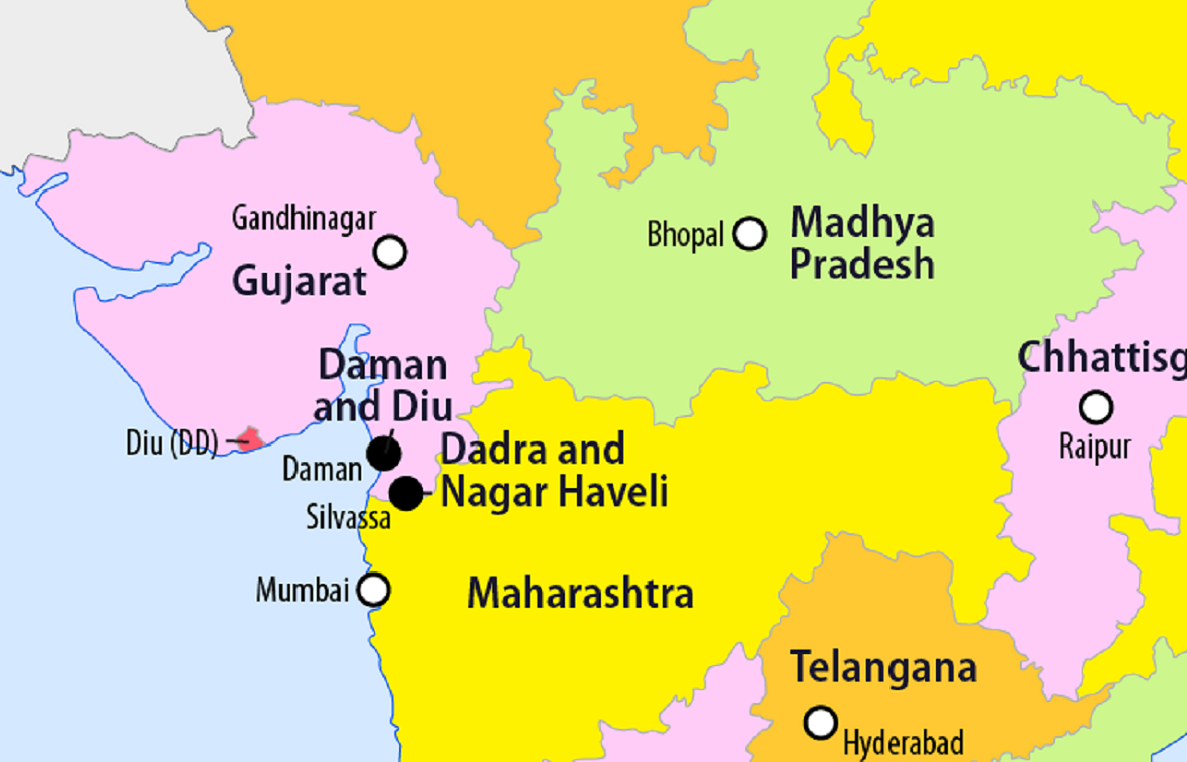
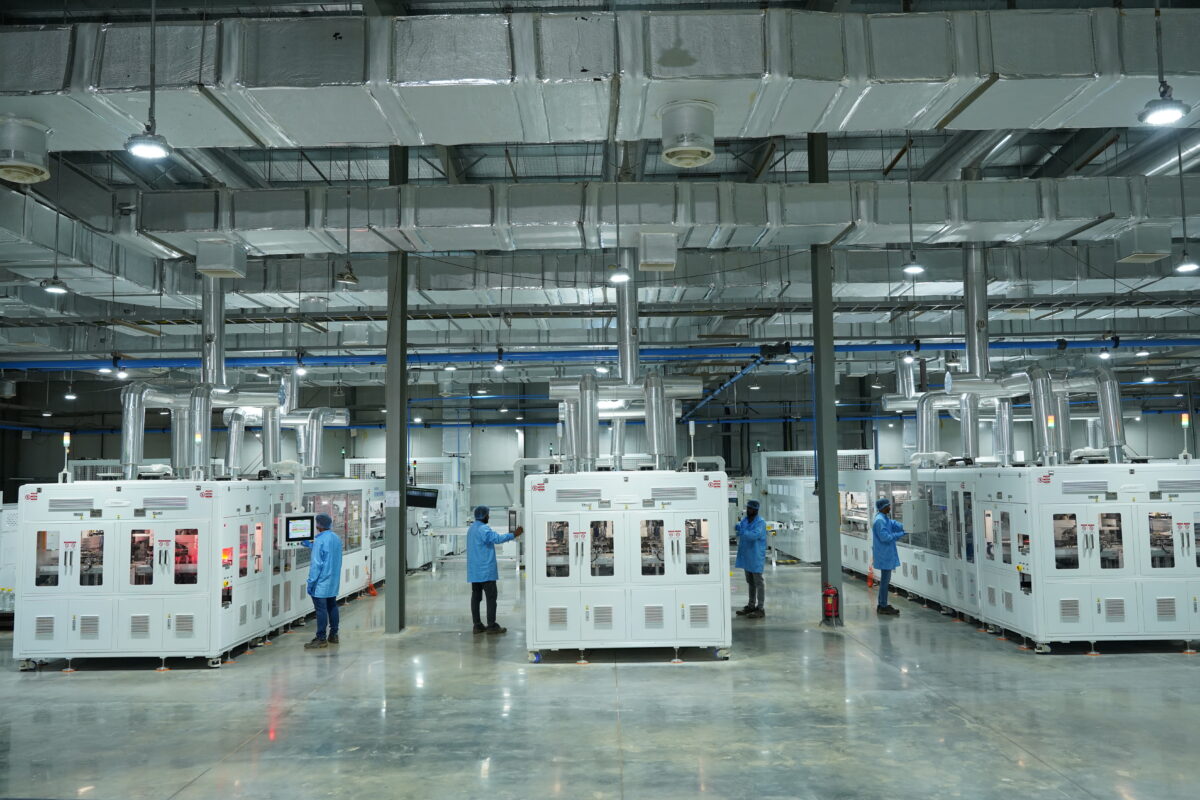

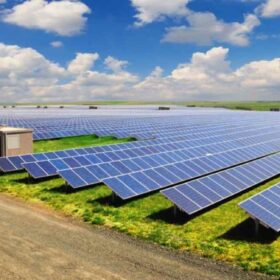

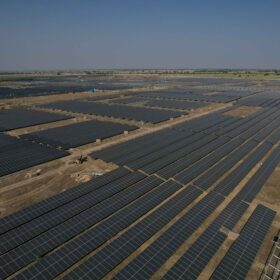
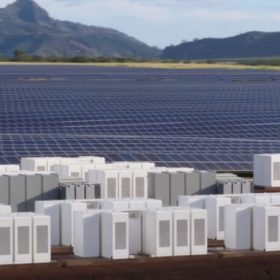

By submitting this form you agree to pv magazine using your data for the purposes of publishing your comment.
Your personal data will only be disclosed or otherwise transmitted to third parties for the purposes of spam filtering or if this is necessary for technical maintenance of the website. Any other transfer to third parties will not take place unless this is justified on the basis of applicable data protection regulations or if pv magazine is legally obliged to do so.
You may revoke this consent at any time with effect for the future, in which case your personal data will be deleted immediately. Otherwise, your data will be deleted if pv magazine has processed your request or the purpose of data storage is fulfilled.
Further information on data privacy can be found in our Data Protection Policy.